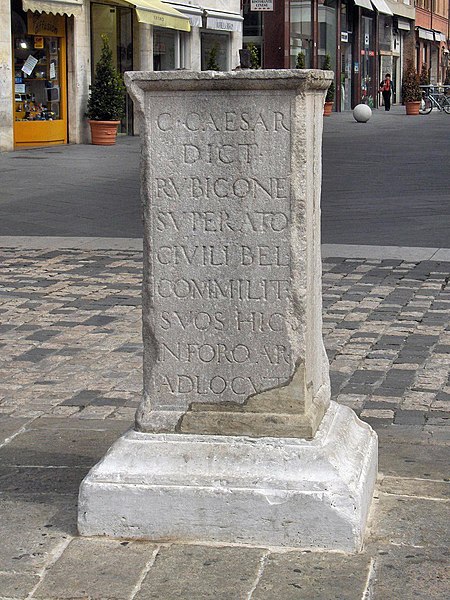Infinite photos and videos for every Wiki article ·
Find something interesting to watch in seconds
Famous Castles
Celebrities
Great Cities
Largest Empires
Rare Coins
Kings of France
World Banknotes
Supercars
British Monarchs
Wonders of Nature
Orders and Medals
Sports
Great Museums
Presidents
Crown Jewels
History by Country
Tallest Buildings
Richest US Counties
Animals
Wars and Battles
Great Artists
Countries of the World
Recovered Treasures
Ancient Marvels
Best Campuses
Largest Palaces
more top lists


